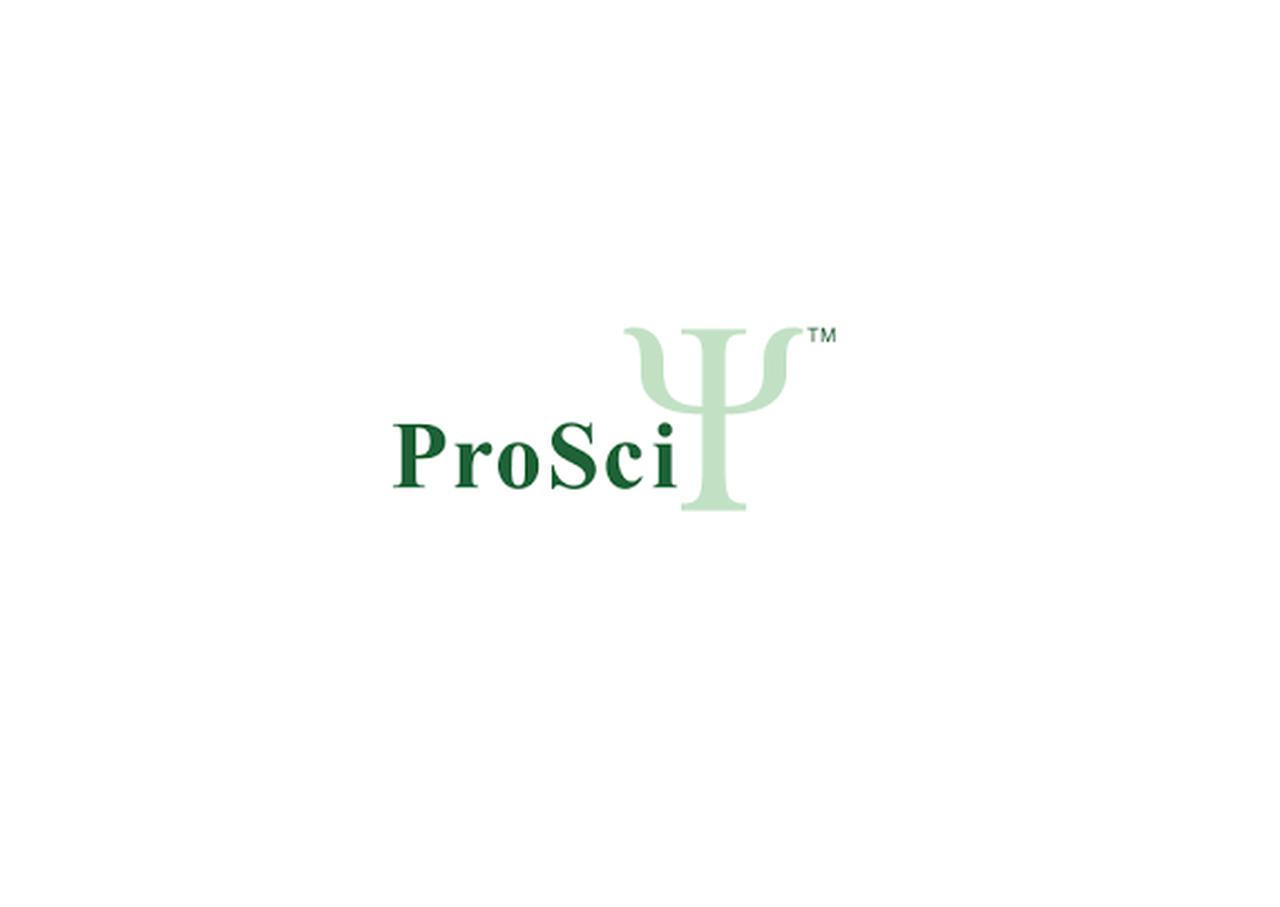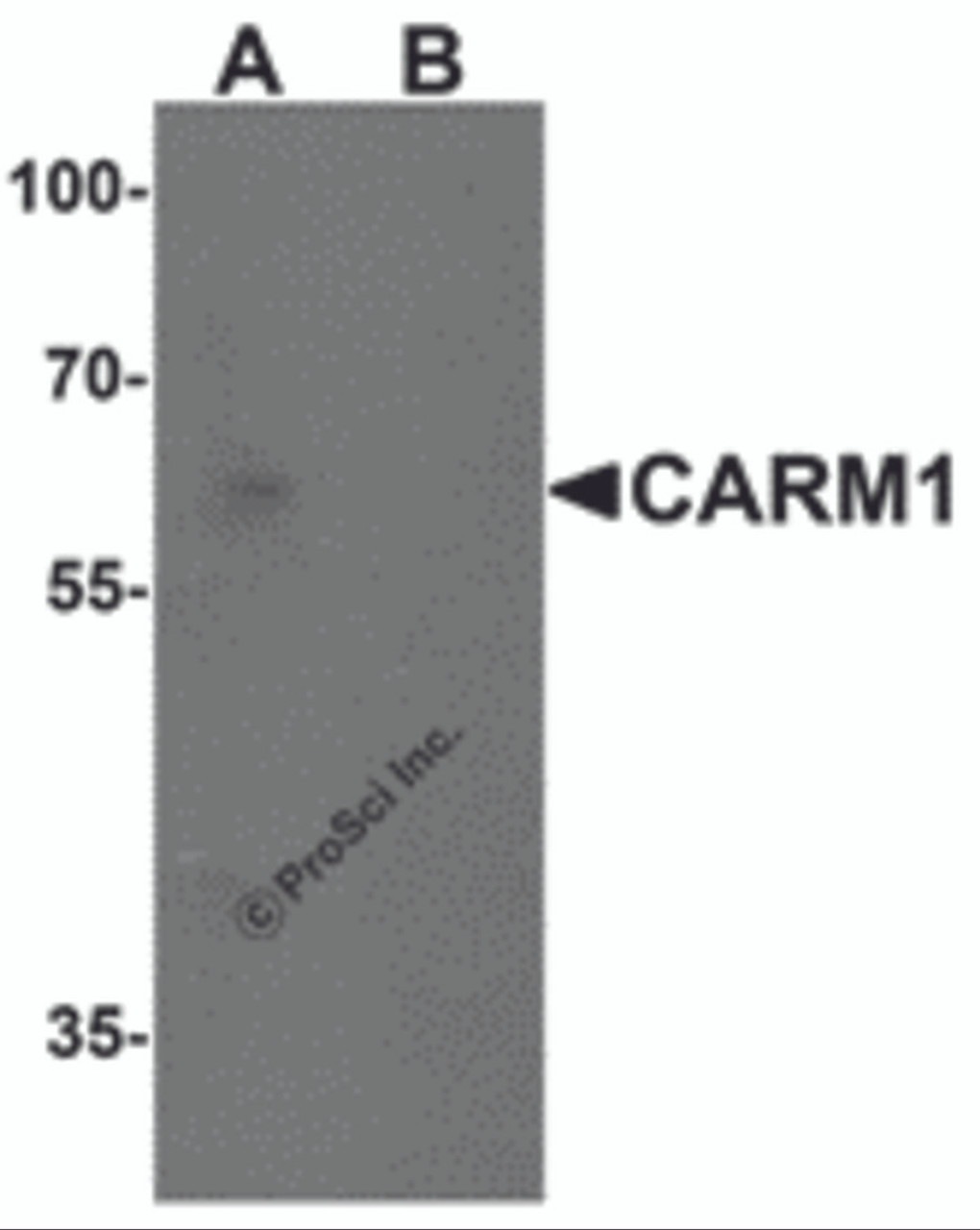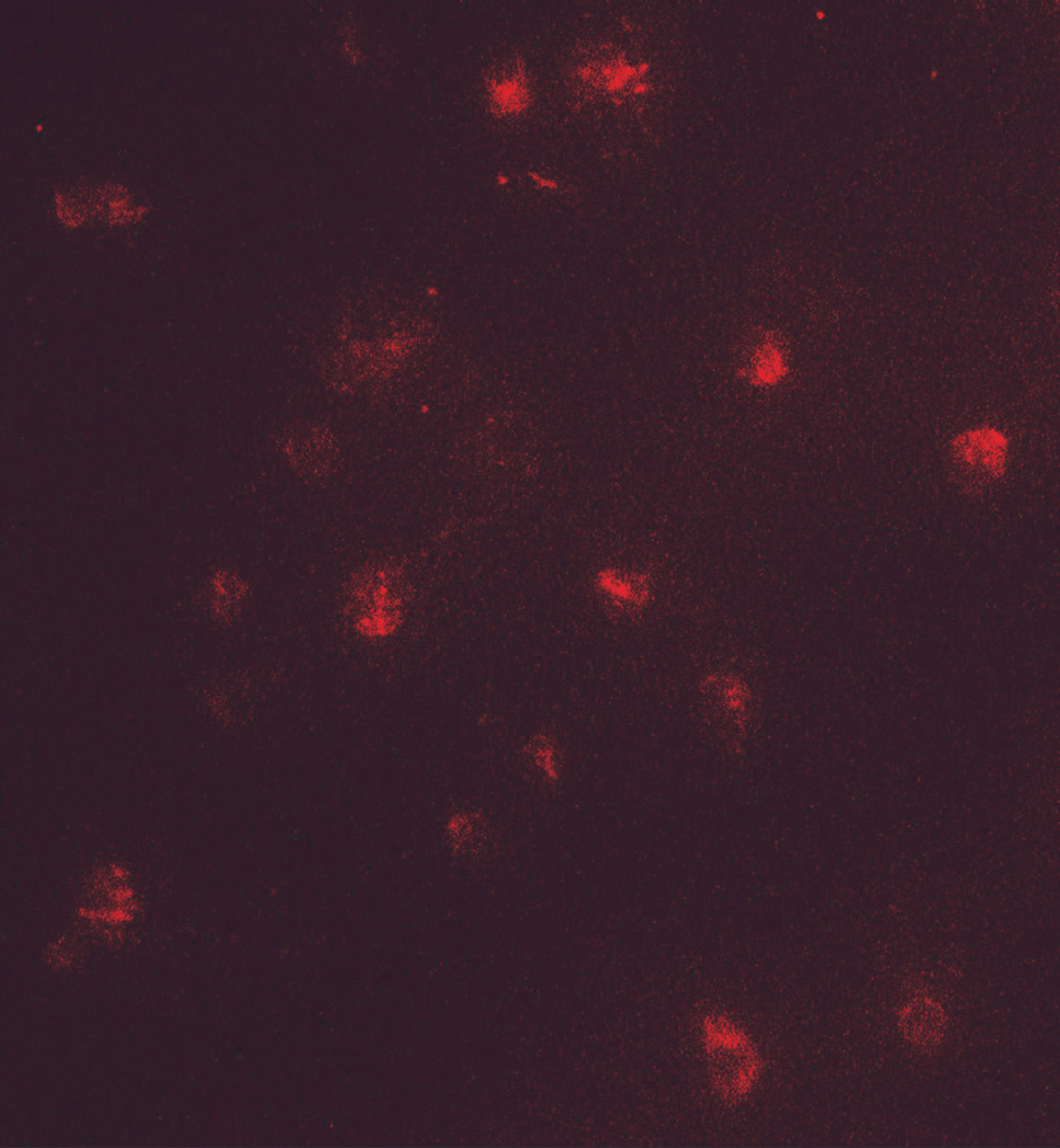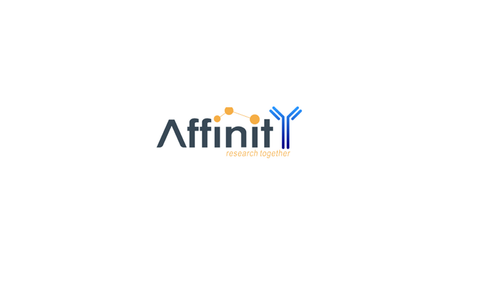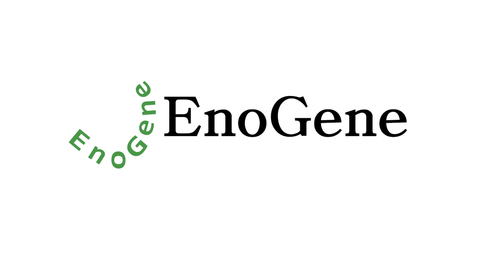Product Description
CARM1 Antibody | 7219 | ProSci
Host: Rabbit
Reactivity: Human, Mouse, Rat
Homology: N/A
Immunogen: Rabbit polyclonal CARM1 antibody was raised against a 19 amino acid peptide near the amino terminus of human CARM1.
The immunogen is located within amino acids 470 - 520 of CARM1.
Research Area: Signal Transduction
Tested Application: E, WB, IF
Application: CARM1 antibody can be used for detection of CARM1 by Western blot at 1 - 2 μg/mL.
Antibody validated: Western Blot in human samples and Immunofluorescence in human samples. All other applications and species not yet tested.
Specificiy: N/A
Positive Control 1: Cat. No. 1205 - Jurkat Cell Lysate
Positive Control 2: Cat. No. 17-005 - Jurkat Cell Slide
Positive Control 3: N/A
Positive Control 4: N/A
Positive Control 5: N/A
Positive Control 6: N/A
Molecular Weight: Predicted: 67 kDa
Validation: N/A
Isoform: N/A
Purification: CARM1 Antibody is affinity chromatography purified via peptide column.
Clonality: Polyclonal
Clone: N/A
Isotype: IgG
Conjugate: Unconjugated
Physical State: Liquid
Buffer: CARM1 Antibody is supplied in PBS containing 0.02% sodium azide.
Concentration: 1 mg/mL
Storage Condition: CARM1 antibody can be stored at 4˚C for three months and -20˚C, stable for up to one year.
Alternate Name: CARM1 Antibody: PRMT4, PRMT4, Histone-arginine methyltransferase CARM1, Coactivator-associated arginine methyltransferase 1
User Note: Optimal dilutions for each application to be determined by the researcher.
BACKGROUND: CARM1 Antibody: Protein arginine N-methyltransferases, such as CARM1, catalyze the transfer of a methyl group from S-adenosyl-L-methionine to the side chain nitrogens of arginine residues within proteins to form methylated arginine derivatives and S-adenosyl-L-homocysteine. Protein arginine methylation has been implicated in signal transduction, metabolism of nascent pre-RNA, and transcriptional activation. CARM1 functions as a transcriptional co-activator for various nuclear receptors and NF-κB. It has also been shown to methylate histone H3 arginines, inhibiting the binding of corepressors and protecting chromatin from deacetylation, thereby facilitating transcription.
 Euro
Euro
 USD
USD
 British Pound
British Pound
 NULL
NULL

